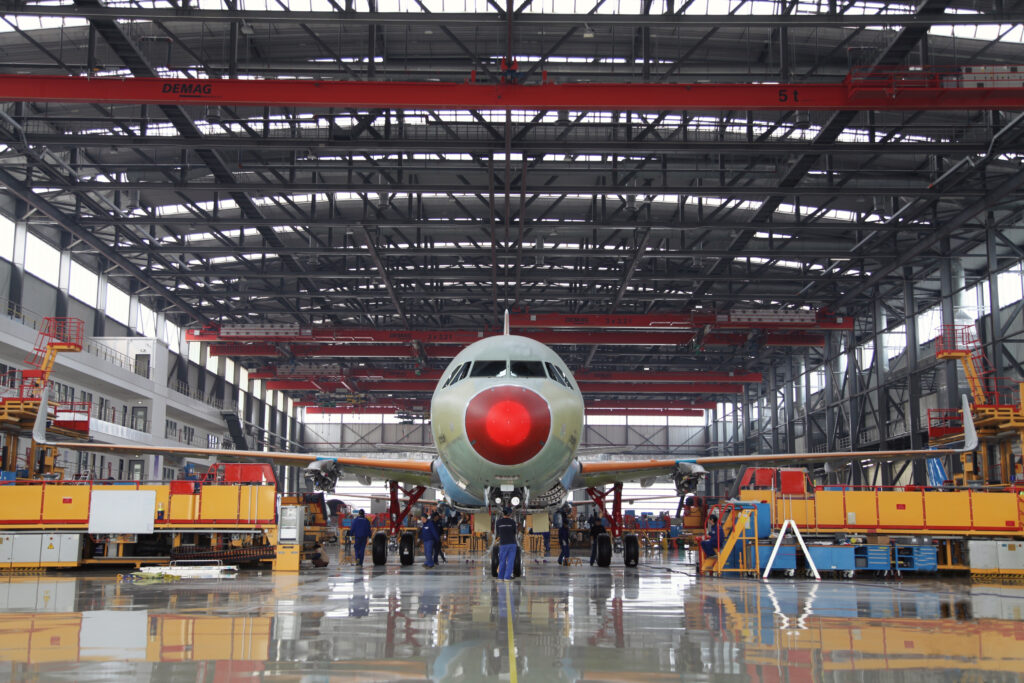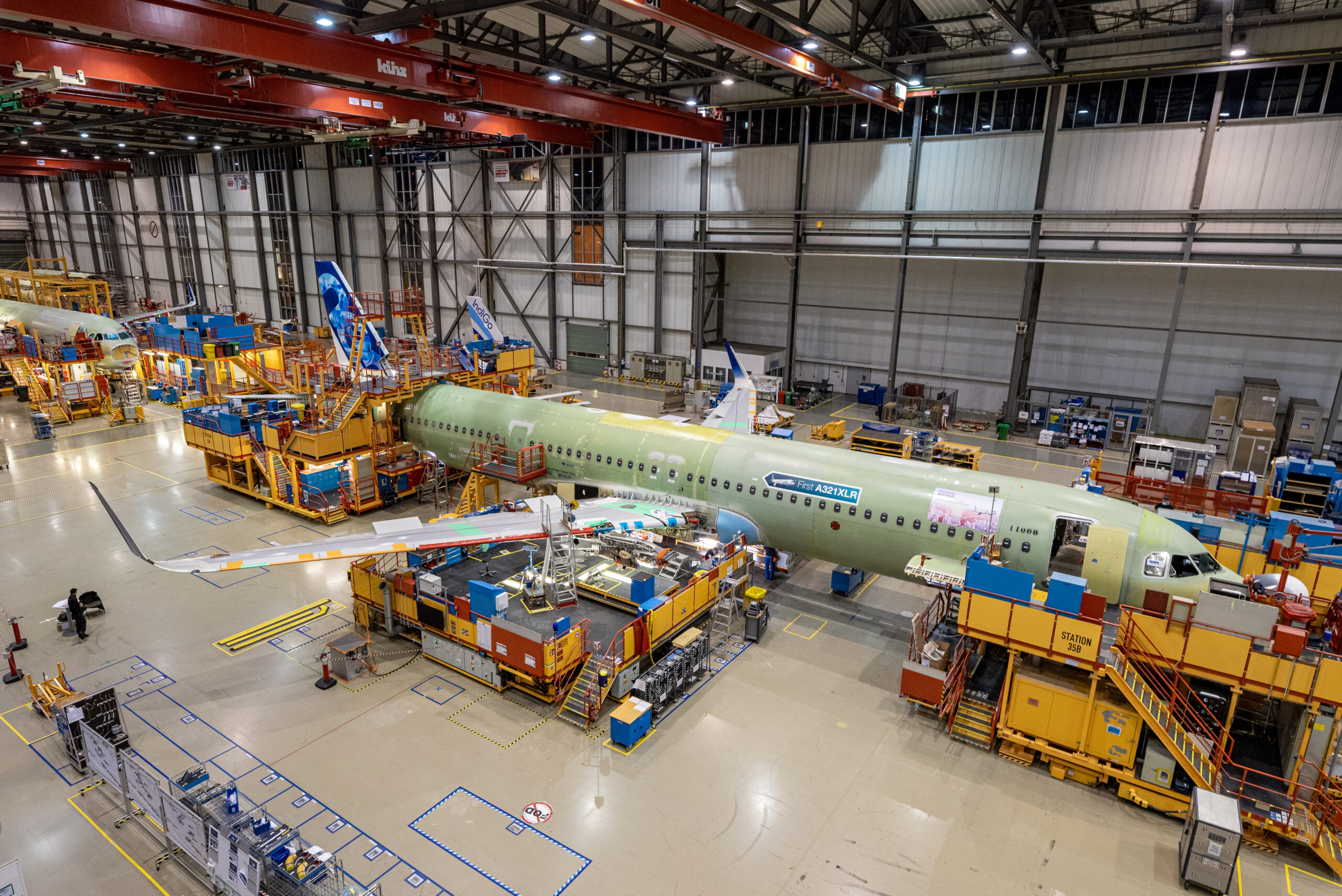Navigating Turbulence: Airbus’s Supply Chain Challenge
| By Han Tran |
Soaring Ambitions, Grounded Realities: Complex Factors Impede Production
In the wake of the post-COVID-19 era, Airbus has grappled with unstable supply chains, particularly for critical components such as engines, aerostructures, and cabin equipment. Supply chain disruptions have forced Airbus to lower its aircraft production estimates from 800 to 770 units in 2024.
Airbus CEO Guillaume Faury underscored that the company’s post-pandemic recovery hinges on effectively managing supply chain challenges and controlling costs, highlighting the supply chain’s crucial influence within the industry. Supply chain disruptions proved Airbus needs to enhance its risk management strategies for timely and effective crisis responses.

Ripple Effects: The Far-Reaching Consequences of Delayed Deliveries
Despite extensive experience in collaborating with over 12,000 global suppliers for both flying and non-flying materials, Airbus has faced significant challenges in securing essential raw materials and components. These difficulties have not only impeded aircraft production and delivery schedules but have also adversely affected the company’s financial performance, including profits and stock prices, as well as its reputation among loyal customers and industry relationships.
Although Airbus’s aircraft orders remain constant, the company’s financial performance was below analyst estimates. Airbus reported a 78% decrease in net profits during the second quarter and a decrease of 56% in adjusted earnings before interest and taxes down (EBIT) to €814 million. Moreover, the market reacted negatively to Airbus following the announcement of aircraft delivery delays. Consequently, the company’s stock price has dropped 4.4% since January 2024. This negative sentiment, fueled by underwhelming financial reports and modest goals, triggered a selloff that resulted in a $12 billion loss in market value.
The underperformance cannot be solely attributed to supply chain disruptions; challenges in Airbus’s space business sector, notably in telecommunications, satellite technology, space exploration, and Earth observation, have also played a significant role. The space division faces considerable financial strain, having allocated €1 billion to revise forecasts related to workload, risk assessment, and cost management. This expenditure exacerbates the company’s economic challenges, particularly given its ongoing struggle to recover from the post-COVID era and persistent supply shortages.
Steering Through Stormy Skies: The Crucial Role of Proactive Risk Management
Airbus’s struggles arise from a combination of supply shortages and inadequate risk management strategies tailored to meet the company’s demands. Inefficient risk management can lead to delays in contract negotiations, manufacturing processes, and delivery timelines, ultimately tarnishing the company’s reputation. Furthermore, aircraft delivery delays not only impact stock prices but also jeopardize customer loyalty, business relationships, and industry networking opportunities. Effective risk management, though challenging, is a crucial component that businesses must prioritize from the outset. This involves strategic planning, testing, and modifying various methods to enable quick and effective responses to potential crises. Risks can manifest in numerous forms, ranging from product safety concerns and natural disasters to supplier shortages. Consequently, every organization must develop and maintain a comprehensive crisis management plan to navigate these challenges successfully.

Lessons Learned: Embracing Resilience in Complex Global Supply Chains
This case study underscores the intricate nature of supply chain obstacles confronting Airbus and the ever-present risk of shortages across various industries. Given the pivotal role of the supply chain in manufacturing, these challenges not only impact Airbus’s aircraft production and delivery processes but also affect the company’s financial stability and reputation. The persistent nature of these issues highlights the critical importance of robust risk management strategies, particularly in sectors characterized by intricate global supply chains, such as the aerospace industry exemplified by Airbus.
Photo Credit: Airbus



